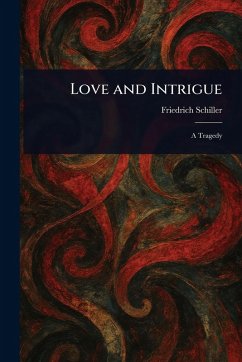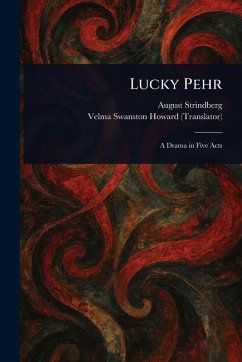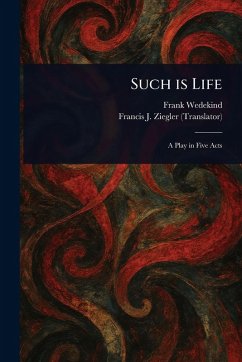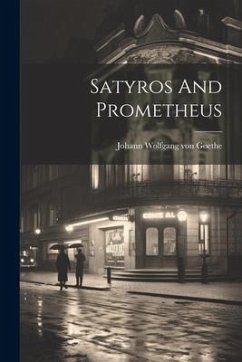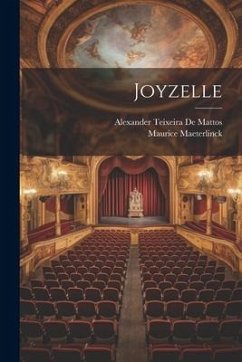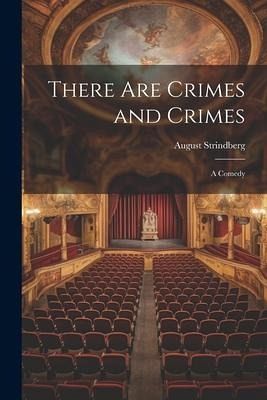
There are Crimes and Crimes
A Comedy
Versandkostenfrei!
Versandfertig in über 4 Wochen
15,99 €
inkl. MwSt.
Weitere Ausgaben:

PAYBACK Punkte
8 °P sammeln!
A satirical play that skewers the hypocrisy and moral turpitude of Swedish society in the late 19th century. The plot revolves around a wealthy businessman who engages in various illicit affairs and schemes, and the efforts of those around him to expose and exploit his misdeeds. This work has been selected by scholars as being culturally important, and is part of the knowledge base of civilization as we know it. This work is in the "public domain in the United States of America, and possibly other nations. Within the United States, you may freely copy and distribute this work, as no entity (in...
A satirical play that skewers the hypocrisy and moral turpitude of Swedish society in the late 19th century. The plot revolves around a wealthy businessman who engages in various illicit affairs and schemes, and the efforts of those around him to expose and exploit his misdeeds. This work has been selected by scholars as being culturally important, and is part of the knowledge base of civilization as we know it. This work is in the "public domain in the United States of America, and possibly other nations. Within the United States, you may freely copy and distribute this work, as no entity (individual or corporate) has a copyright on the body of the work. Scholars believe, and we concur, that this work is important enough to be preserved, reproduced, and made generally available to the public. We appreciate your support of the preservation process, and thank you for being an important part of keeping this knowledge alive and relevant.








